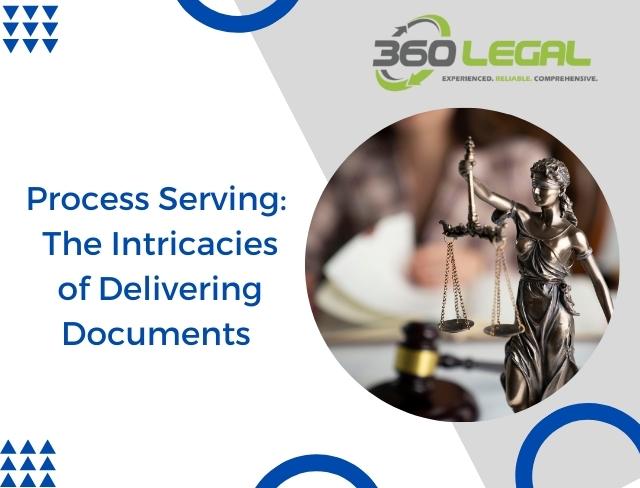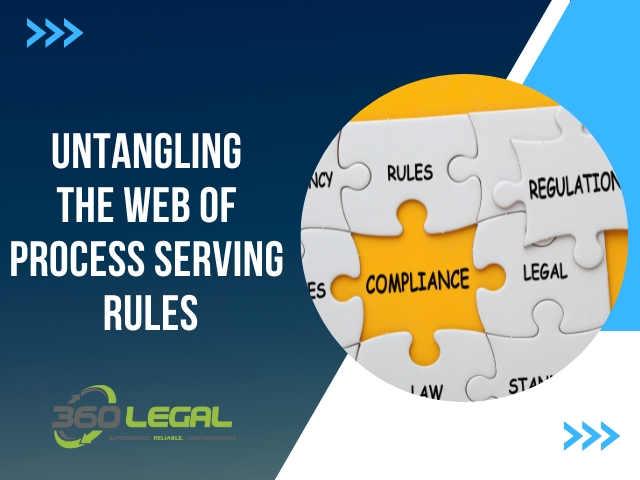Process serving is a realm where the precision of science meets the finesse of art. From adapting to the ever-shifting legal landscape to fostering transparent client communication, discover the multifaceted dimensions that make process serving both a discipline and an art form.

Overcoming Roadblocks in Process Serving
In the world of legal procedures, process serving stands as a cornerstone, ensuring that all parties in a legal dispute are aware of the ongoing actions against them. While the concept seems simple on the surface—delivering legal documents to the appropriate...
Process Serving: The Intricacies of Delivering Documents
Process serving is an essential yet often overlooked aspect of the legal system. It plays a vital role in ensuring that justice is served by making sure that all parties involved in a legal matter are informed. In this article, we will explore the intricacies involved...
Leveraging Technology for Efficient Process Serving
In years gone by, the role of a process server was often fraught with inefficiencies and uncertainties, heavily reliant on manual methods such as physical stakeouts and cumbersome paperwork. Today, however, the landscape of process serving has radically transformed,...
A Day in the Life of a Process Server
The role of a process server in the legal system is both essential and sometimes precarious. They are the people who make contact with those needed in court, delivering vital legal documents such as summons, subpoenas, and warrants. Despite their significant role in...
Untangling the Web of Process Serving Rules
Process serving, an essential aspect of civil law proceedings, involves delivering legal documents to the parties involved in a lawsuit. This crucial task surrounds an intricate web of laws and regulations that ensure due process. This article attempts to untangle the...










